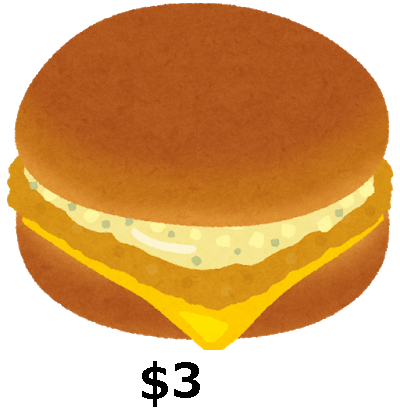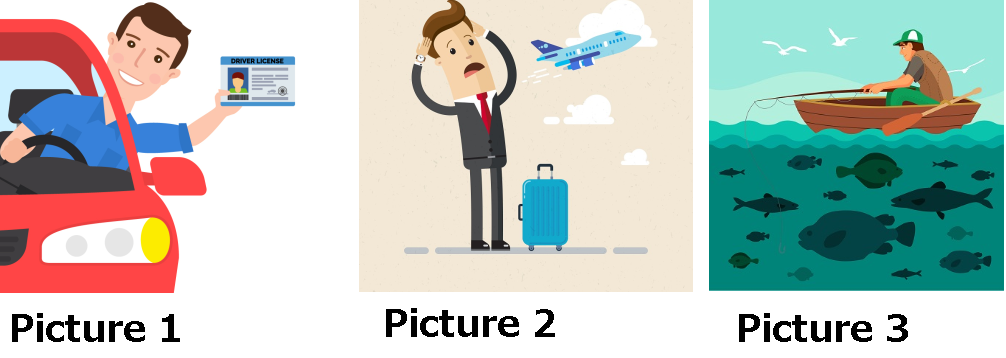In this lesson, you will practice describing pictures.
| Picture A | Picture B |
|---|---|
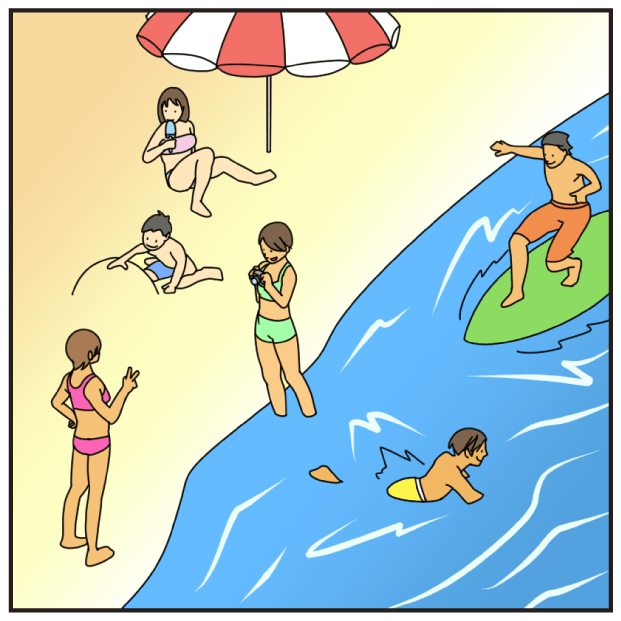
|
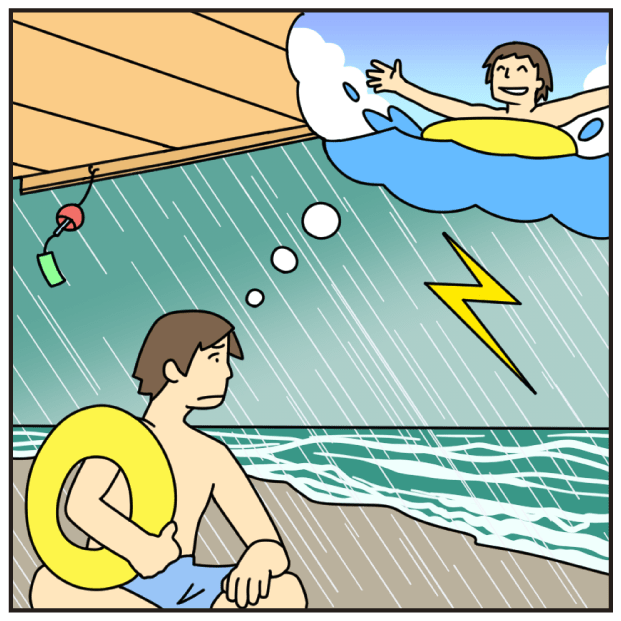
|
Question 1:
Please look at Picture A. They are doing different things. Tell me as much as you can about what they are doing using 5 actions.
Answer:
1. ________________________________________________________________________.
2. ________________________________________________________________________.
3. ________________________________________________________________________.
4. ________________________________________________________________________.
5. ________________________________________________________________________.
Question 2:
Now, look at the man in picture B. Please describe the situation.
Answer:
_______________________________________________________________________________
_______________________________________________________________________________
_______________________________________________________________________________
| Picture A | Picture B |
|---|---|
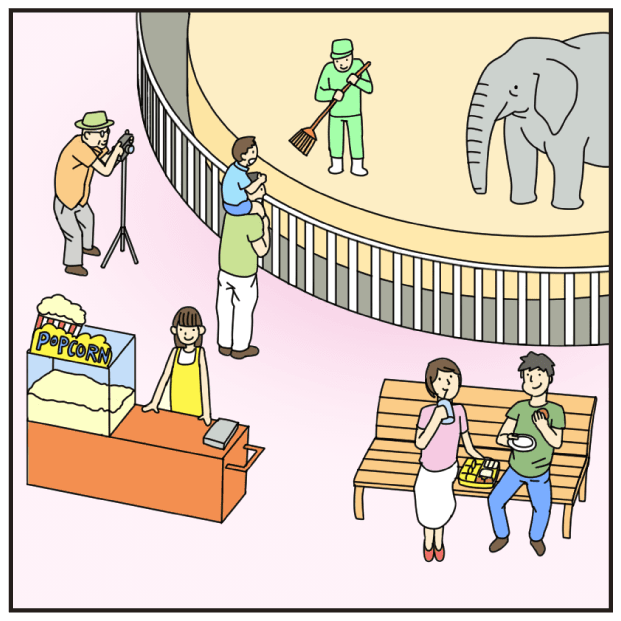
|
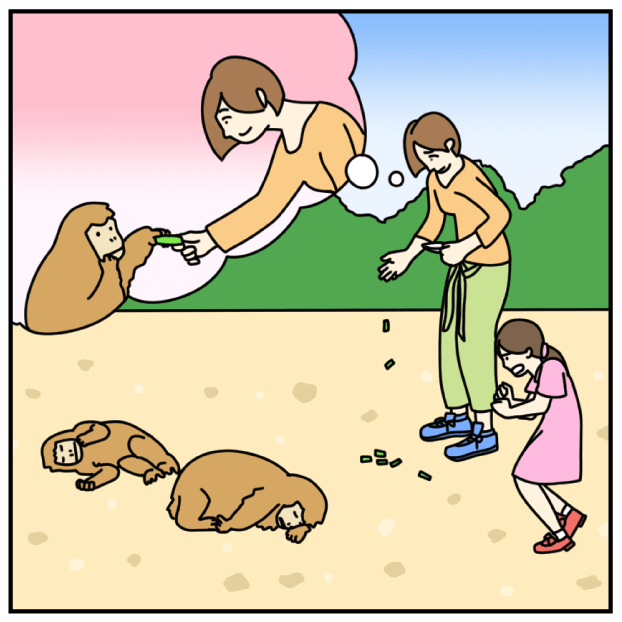
|
Question 1:
Please look at Picture A. They are doing different things. Tell me as much as you can about what they are doing using 5 actions.
Answer:
1. ________________________________________________________________________.
2. ________________________________________________________________________.
3. ________________________________________________________________________.
4. ________________________________________________________________________.
5. ________________________________________________________________________.
Question 2:
Now, look at the woman in picture B. Please describe the situation.
Answer:
_______________________________________________________________________________
_______________________________________________________________________________
_______________________________________________________________________________
| Picture A | Picture B |
|---|---|
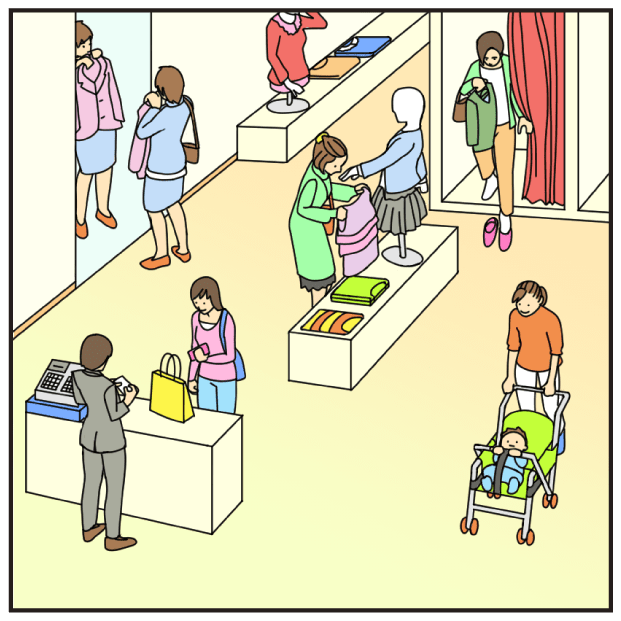
|

|
Question 1:
Please look at Picture A. They are doing different things. Tell me as much as you can about what they are doing using 5 actions.
Answer:
1. ________________________________________________________________________.
2. ________________________________________________________________________.
3. ________________________________________________________________________.
4. ________________________________________________________________________.
5. ________________________________________________________________________.
Question 2:
Now, look at the woman in picture B. Please describe the situation.
Answer:
_______________________________________________________________________________
_______________________________________________________________________________
_______________________________________________________________________________
| Picture A | Picture B |
|---|---|
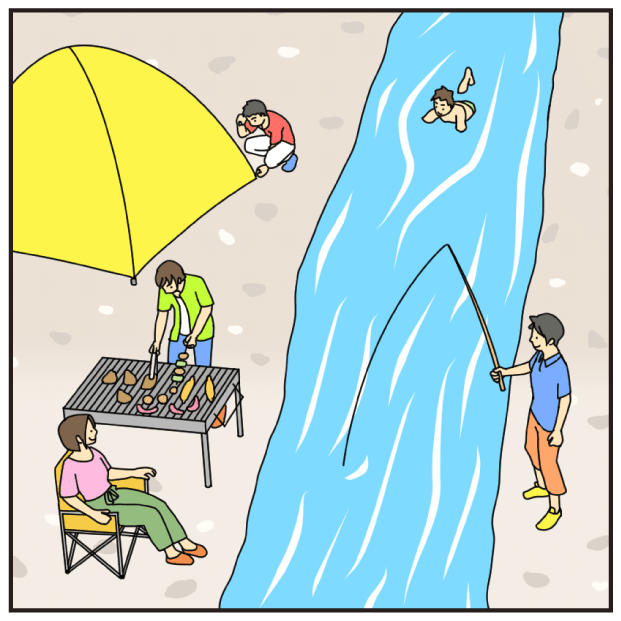
|
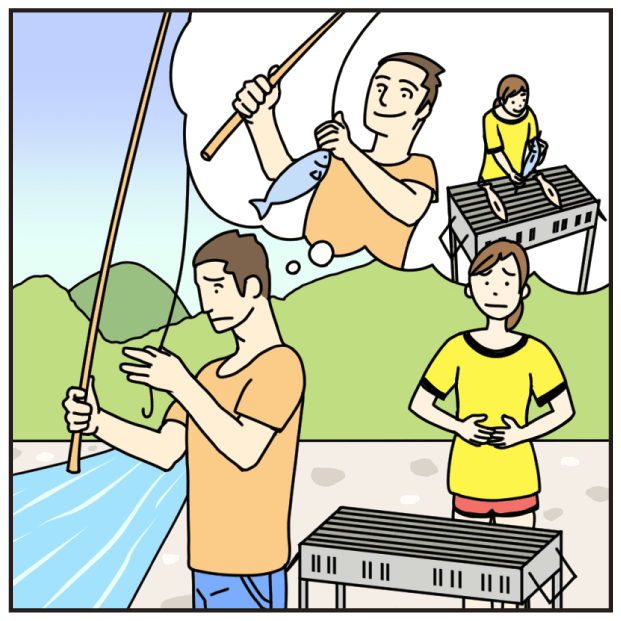
|
Question 1:
Please look at Picture A. They are doing different things. Tell me as much as you can about what they are doing using 5 actions.
Answer:
1. ________________________________________________________________________.
2. ________________________________________________________________________.
3. ________________________________________________________________________.
4. ________________________________________________________________________.
5. ________________________________________________________________________.
Question 2:
Now, look at the man in picture B. Please describe the situation.
Answer:
_______________________________________________________________________________
_______________________________________________________________________________
_______________________________________________________________________________







